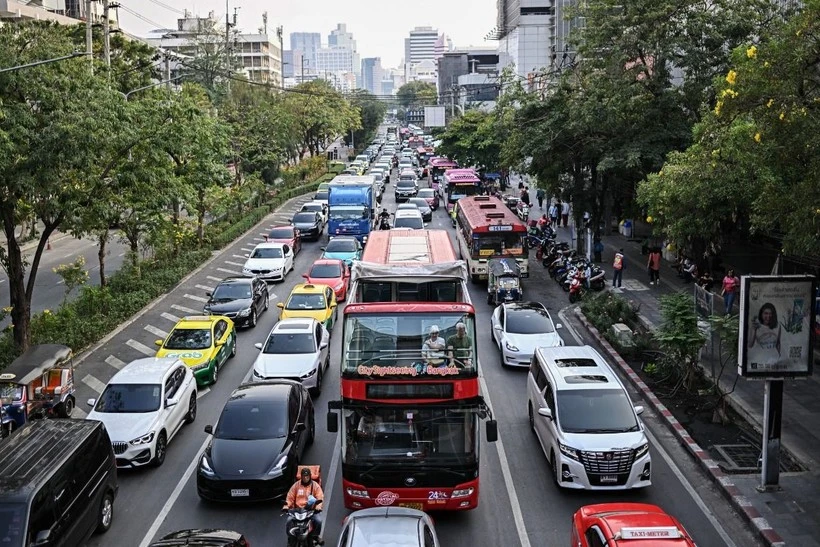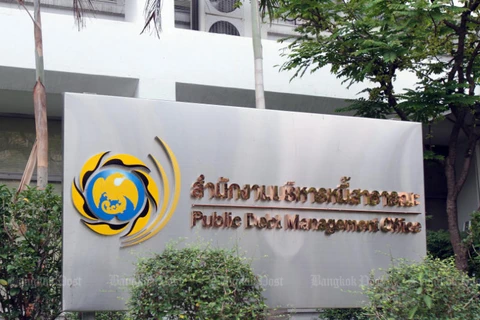
Bangkok (VNA) - Thailand is planning to boost domestic gas production and increase gas purchases from neighbouring countries to reduce its dependence on liquefied natural gas (LNG) as gas demand is expected to rise in Asia.
Under the 2024 national gas plan, which recently went through a public hearing process, gas production at the Pailin and Arthit gas fields in the Gulf of Thailand will increase. Meanwhile, authorities will continue to purchase natural gas from Myanmar and the Malaysia-Thailand Joint Development Area.
Wachara Phajee, head of the natural gas unit under the Energy Policy and Planning Office (EPPO), said the national gas plan for 2024 - 2037 is part of the national energy plan – the country's blueprint for energy management that includes an alternative energy development plan, a power development plan, an energy efficiency plan, and an oil plan.
The national energy plan is scheduled to be sent to the National Energy Policy Council for approval this year.
He noted that gas demand in Thailand is forecast to rise by 1.7% to 4,945 million standard cubic feet per day (MMSCFD) by 2030, up from an estimate of 4,859 MMSCFD in 2024.
Without plans to increase domestic gas production or purchase natural gas from neighbouring countries, Thailand would need to import more LNG.
About 62% of the country's gas supply serves power generation, 18% used by gas separation businesses, 17% by the industrial sector and the remaining 3% by the transport sector./.






















